As part of our ongoing commitment to celebrating awarded competitive research projects we are pleased to announce a new monthly post that will provide information about recently awarded grants.
Faculty of Science and Technology
Project Title: Development of a tranining program for the improvement of quality of life of persons with alzheimer through “serious games”.
Principle Investigator: Ben Hicks
Project Description: Ben Hicks, Jan Wiener (Bournemouth University Dementia Institute and Psychology Department) and Wen Tang (Department of Creative Technology) will be working in collaboration with 5 European partners across Spain, Slovenia, Romania and Greece to develop and evaluate a training program that supports the use of ‘Serious Games’ for people living with Alzheimer’s Disease. The project has been funded by the European Commission Erasmus+ and will run for two years starting in September 2016. The research aims to work in collaboration with people living with Alzheimer’s Disease to develop ‘serious games’ and technological training that will promote their Quality of Life. The specific objectives of the study are:
- Create awareness and motivation about the importance and possibilities of “Serious Games” as a tool for improving Quality of Life.
- Inform and make available a selection of “Serious Games” that address the specific needs of people living with Alzheimer’s Disease.
- To train persons, families and professionals to use “Serious Games” as part of a therapeutic process.
- To create training packages that will enable people with Alzheimer’s Disease to explore the use of ‘Serious Games’.
- Increase the integration and social inclusion of people with Alzheimer’s Disease, through the participation of families in the use of “Serious Games” in domestic environments.
Project Title: Activities for schools and the general public, and continuation of research of the rare aquatic habitats inthe East Stoke area (Dorset).
Principle Investigator: Genoveva Esteban
Project Description: This project will enable the continuation of world-class research into the microbial communities of the rare aquatic habitats in the East Stoke area near Wareham (Dorset). The scientific community in general will benefit from this research through discoveries that will be published in specialised peer-reviewed journals. The project also aims at embedding outdoor activities into first and second schools’ Curriculum in order to;
- Improve children’s wellbeing
- Provide intellectual challenge
- Unleash the ‘scientist’ inside them
Other benefits are to inspire school children to have an interest in the life sciences; reveal the wondrous life of organisms hidden from the naked eye; and last but not least, to engage with the general public to highlight the importance of protecting natural aquatic habitats.
Faculty of Media & Communication
Project Title: 2016 Referendum Analysis: media, voters and the campaign
Principle Investigator: Dan Jackson
Project Description: We are very pleased to announce the publication of “EU Referendum Analysis 2016: Media, Voters and the Campaign”, edited by Daniel Jackson, Einar Thorsen (both BU) and Dominic Wring (Loughborough University).
Featuring 80 contributions from 100 leading UK academics, this publication captures the immediate thoughts, reflections and early research insights on the 2016 Referendum on UK Membership of the European Union from the cutting edge of media and politics research.
Published 10 days after the election, these contributions are short and accessible. Authors provide authoritative analysis of the campaign, including research findings or new theoretical insights; to bring readers original ways of understanding the referendum and its consequences. Contributions also bring a rich range of disciplinary influences, from political science to fan studies, journalism studies to advertising.
For more information on this project please visit the following BU Research Blog posts.
BU academics launch EU Referendum Analysis report within ten days of the vote
EU Referendum analysis report launched at Westminster
Faculty of Health and Social Sciences
Project Title: Understanding the barriers and facilitators to implement and embed a new procedure for nurses on good nutritional care in older people living in community settings.
Principle Investigator: Jane Murphy
Project Description: Dr Jane Murphy has been awarded a grant from the Burdett Trust to examine the issue of malnutrition in older people. Malnutrition continues to be a real problem for the UK’s ageing population, with more than 3 million people thought to be at risk. Around 93% of these are people living in the community, where it may be harder for health professionals to spot and diagnose malnutrition.
The aim of this new 18 month study is to develop a new procedure to help community nurses to deliver good nutritional care in the community. The team intend to deliver training to embed this new procedure and evaluate its success and any barriers or enablers for its implementation.
The project is a collaboration between Bournemouth University, the Wessex Academic Health Science Network (WAHSN) and Southern Health NHS Foundation Trust. The team aim to work with the local community – both older people and nursing staff – to carry out their research.
 From 12 September, the Centre for Excellence in Learning (CEL) is holding a photo exhibition in Poole House, next to the Cash Office. This exhibition is part of the ‘Students who bounce back’ project, a study funded by Bournemouth University’s Fair Access Agreement Management Group. The study is being conducted by researchers at CEL, in co-production with student carers*.
From 12 September, the Centre for Excellence in Learning (CEL) is holding a photo exhibition in Poole House, next to the Cash Office. This exhibition is part of the ‘Students who bounce back’ project, a study funded by Bournemouth University’s Fair Access Agreement Management Group. The study is being conducted by researchers at CEL, in co-production with student carers*. Public Health England has launched a
Public Health England has launched a 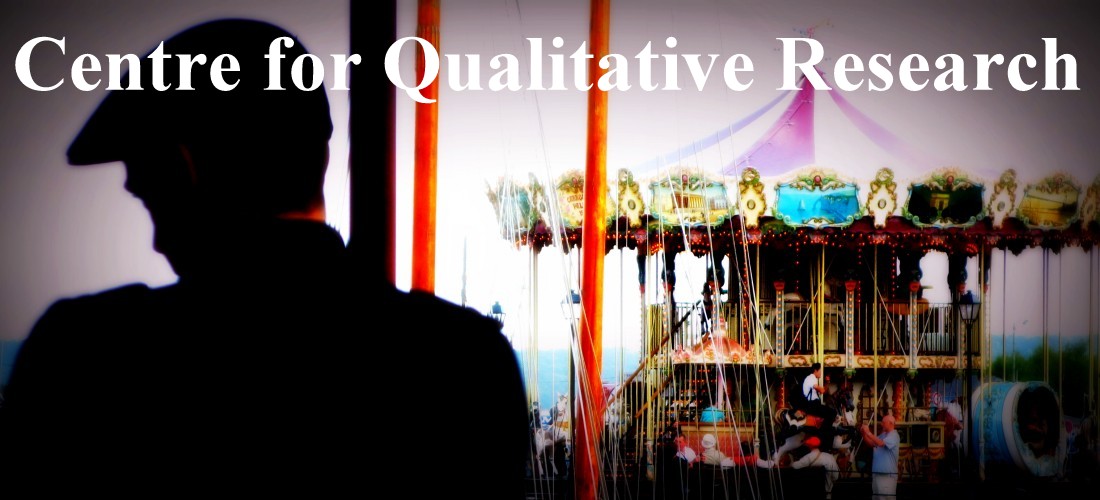 The Centre for Qualitative Research is kicking off its new seminar series on
The Centre for Qualitative Research is kicking off its new seminar series on 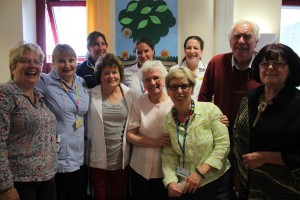 BU researchers
BU researchers  ice, Brighton University) the research team explored experiences of both stroke service users and providers in relation to a conceptual framework of humanising care. This framework, described in a seminal paper by Todres et al (2009) describes eight interacting dimensions that help capture the depth and breadth of being treated as human within complex, busy healthcare systems. The work is part of a larger study led by Professor Kate Galvin. A second site in Yorkshire worked with service users and NHS providers in a Dermatology out-patient department in order to look at the transferable aspects of humanisation theory and learning.
ice, Brighton University) the research team explored experiences of both stroke service users and providers in relation to a conceptual framework of humanising care. This framework, described in a seminal paper by Todres et al (2009) describes eight interacting dimensions that help capture the depth and breadth of being treated as human within complex, busy healthcare systems. The work is part of a larger study led by Professor Kate Galvin. A second site in Yorkshire worked with service users and NHS providers in a Dermatology out-patient department in order to look at the transferable aspects of humanisation theory and learning.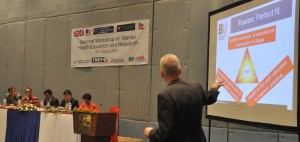
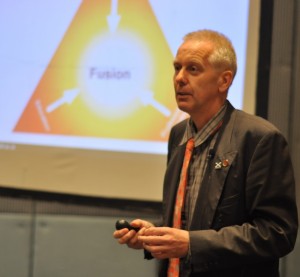


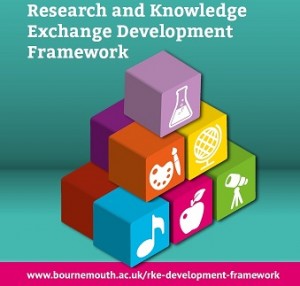
 Congratulations to Dr. Pramod Regmi as the lead author of the paper ‘
Congratulations to Dr. Pramod Regmi as the lead author of the paper ‘
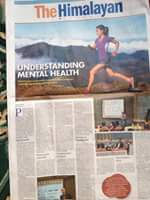
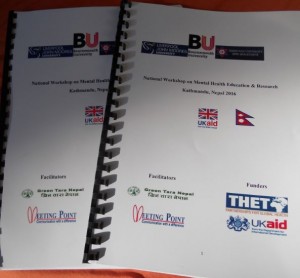
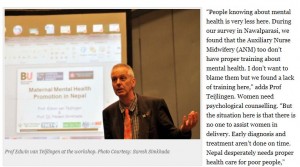
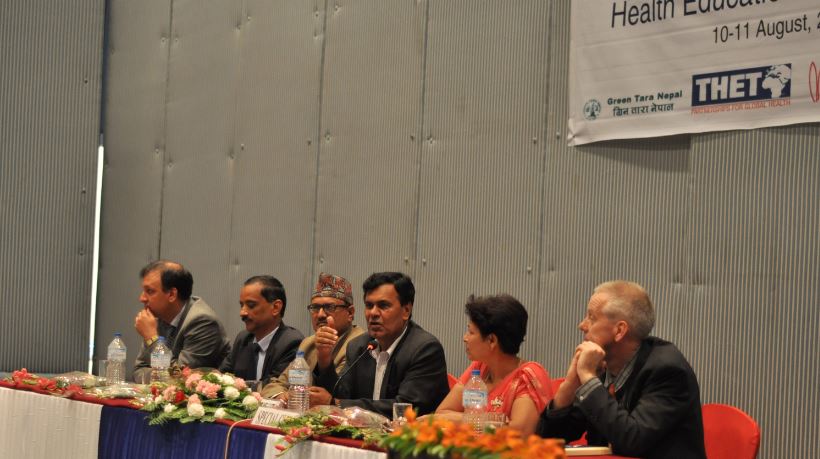



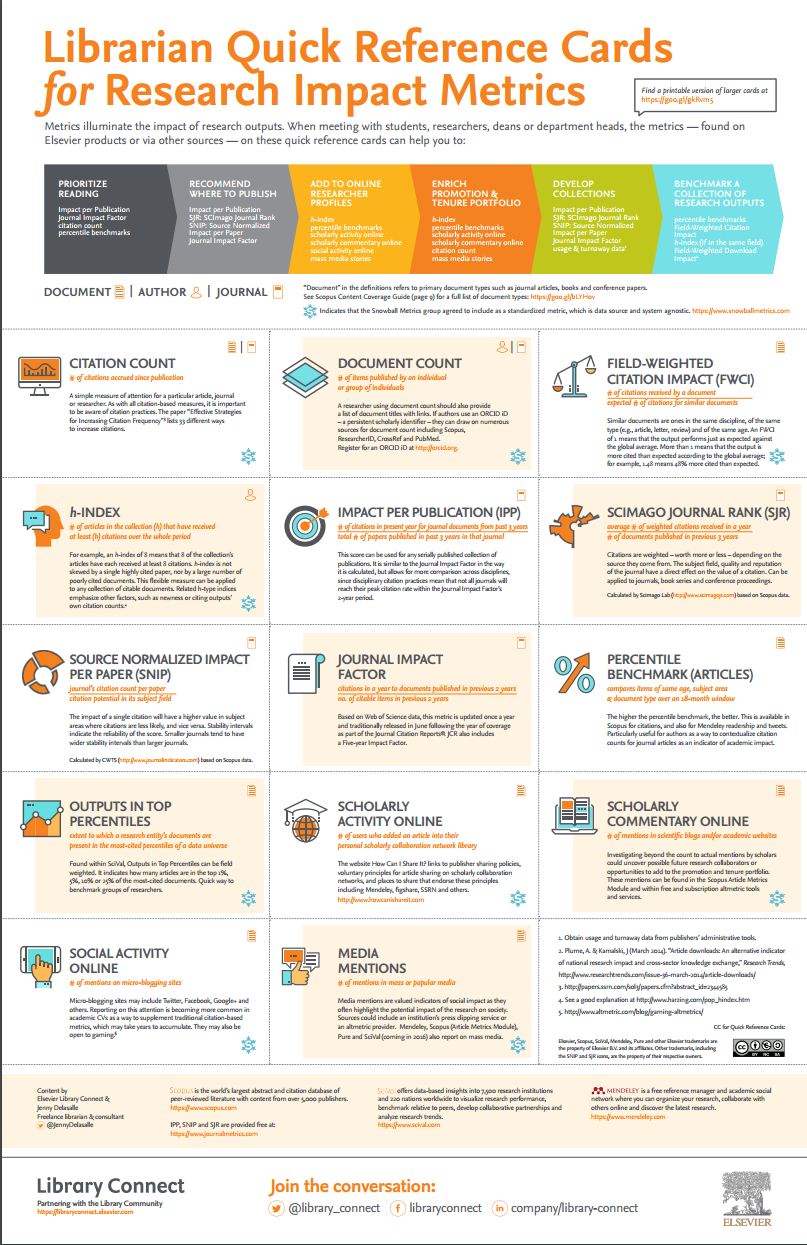











 FHSS academics teaching in Nepal
FHSS academics teaching in Nepal New weight change BU paper
New weight change BU paper One week to go! | The 16th Annual Postgraduate Research Conference
One week to go! | The 16th Annual Postgraduate Research Conference Geography and Environmental Studies academics – would you like to get more involved in preparing our next REF submission?
Geography and Environmental Studies academics – would you like to get more involved in preparing our next REF submission? Congratulations to three former BU staff
Congratulations to three former BU staff MSCA Staff Exchanges 2024 Call – internal deadline
MSCA Staff Exchanges 2024 Call – internal deadline Applications are now open for 2025 ESRC Postdoctoral Fellowships!
Applications are now open for 2025 ESRC Postdoctoral Fellowships! Horizon Europe – ERC CoG and MSCA SE webinars
Horizon Europe – ERC CoG and MSCA SE webinars MaGMap: Mass Grave Mapping
MaGMap: Mass Grave Mapping ERC grants – series of webinars
ERC grants – series of webinars